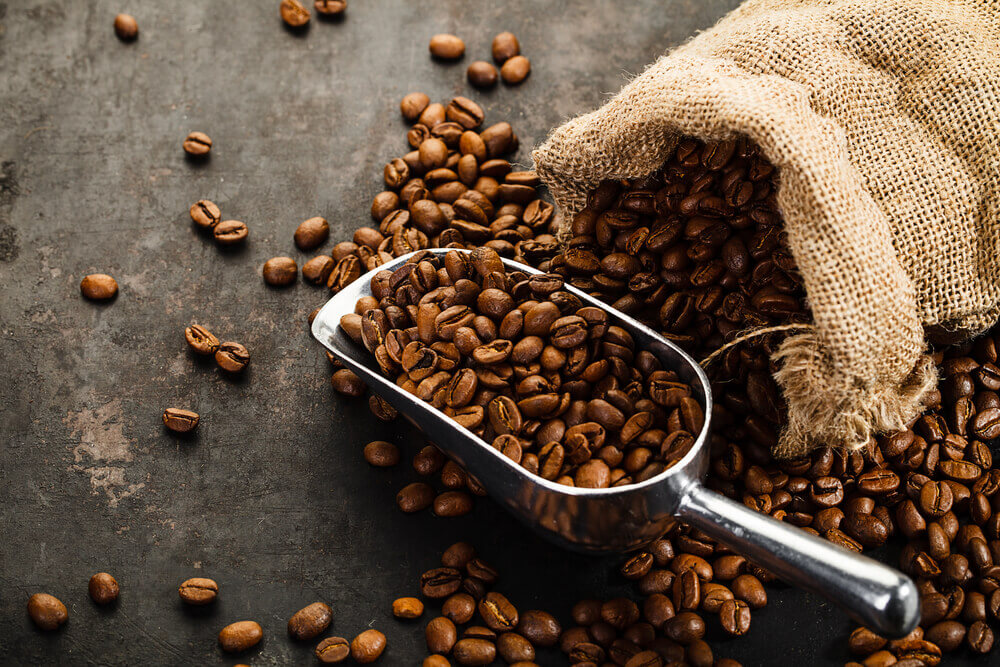On Tuesday, coffee prices went up due to the gained support from the unfavorable weather in some parts of Brazil, affecting crop growth.
Prices of coffee futures for July delivery increased by 0.54% to $184.08 per metric ton on June 06’s Asian afternoon session.
According to a report on Monday, there were concerns in the bean-growing areas in the country. About 31.40 mm of rain dropped in the Minas Gerais region of Brazil, which slowed down the harvest. Besides, the region is accountable for 30.00% of the arabica crop.
Moreover, weaker arabica volumes are beneficial to prices, as said by analysts. This type of coffee has declined within the past four months to a 6-1/2 month low. As a result, the production dropped to 557,304 bags.
Global supplies tightened after a statement from the International Coffee Organization (ICO). This caused the Oct-Mar 2022/23 exports to fall -6.40% year-on-year to 62.30 million bags.
Also, the federation of growers in Colombia experienced a drop in their exports by -15.00% YoY to 719,000 bags. In addition, deliveries of green coffee from Brazil decreased by -14.00% YoY to 2.39 million bags.
Furthermore, robusta prices were supported by a forecast from Volcafe, which said that the global 2023/24 market would weaken. It equates to a record deficit of 5.60 million bags.
El Niño Impacts Coffee Production
As some experts warned, the unfavorable weather phenomenon, El Niño, might come and potentially drive-up coffee prices.
According to analysts, the two top producers of robusta, Vietnam and Indonesia, will be significantly affected by the weather patterns. They added that the El Niño conditions bring below-average rainfall and higher temperatures. Most affected regions are across Southeast Asia, making a downward movement for coffee production.
Since the chances of this weather event increase, prices would rise due to lower global outputs. The US Climate Prediction Center forecasted it to happen between August and October.
Moreover, if the El Niño pattern occurs, it would bring severe rains to Brazil and India, putting pressure on coffee production.










